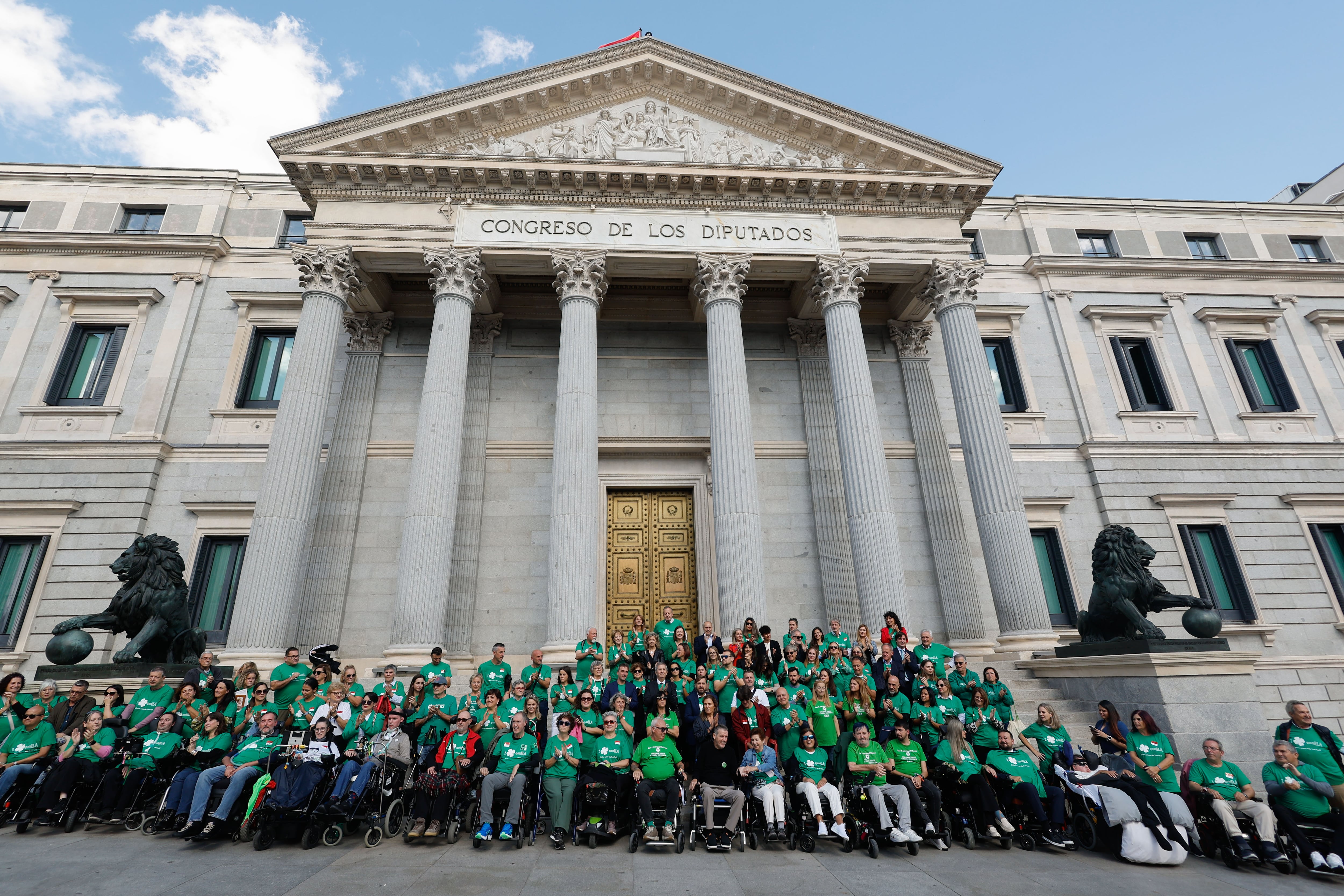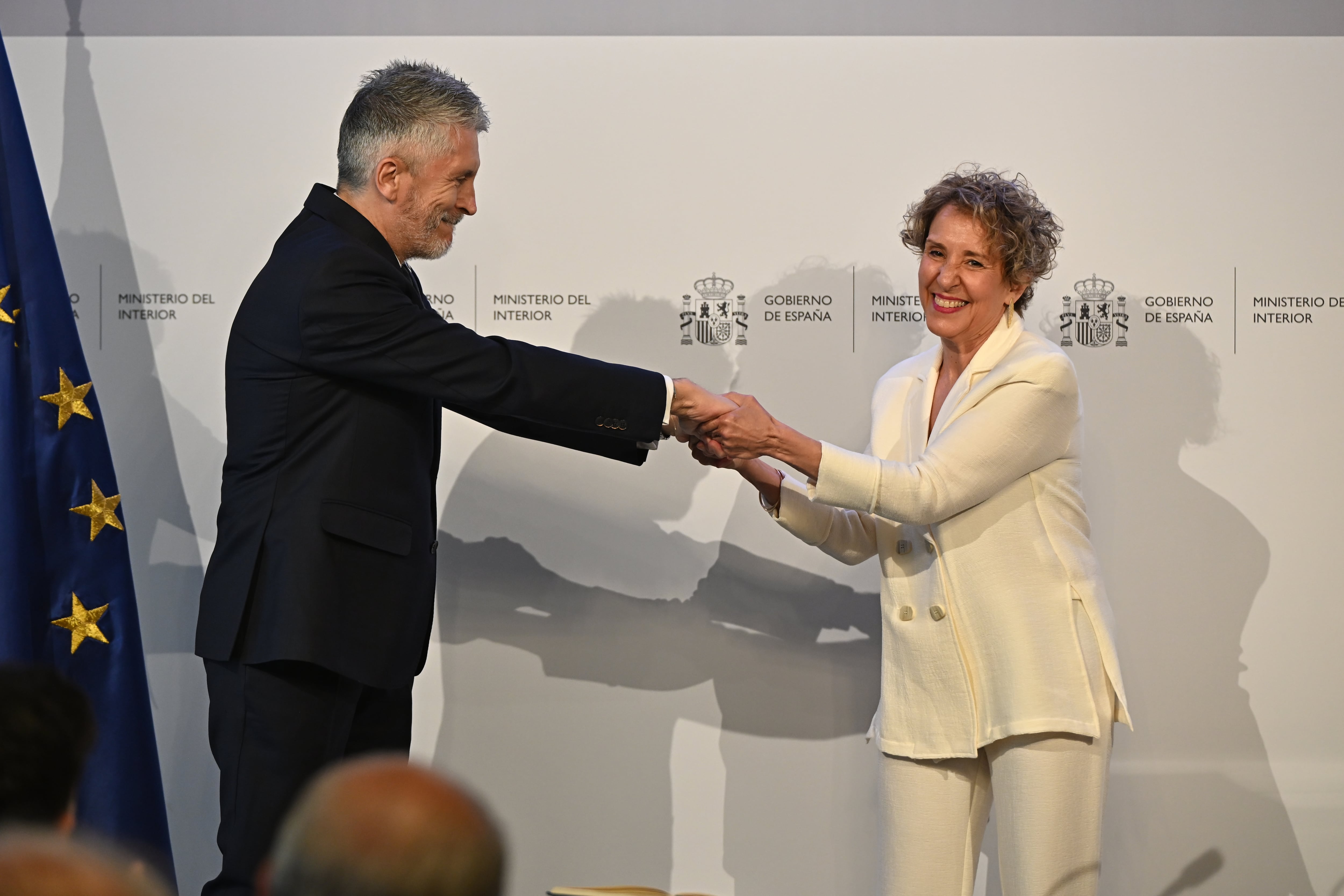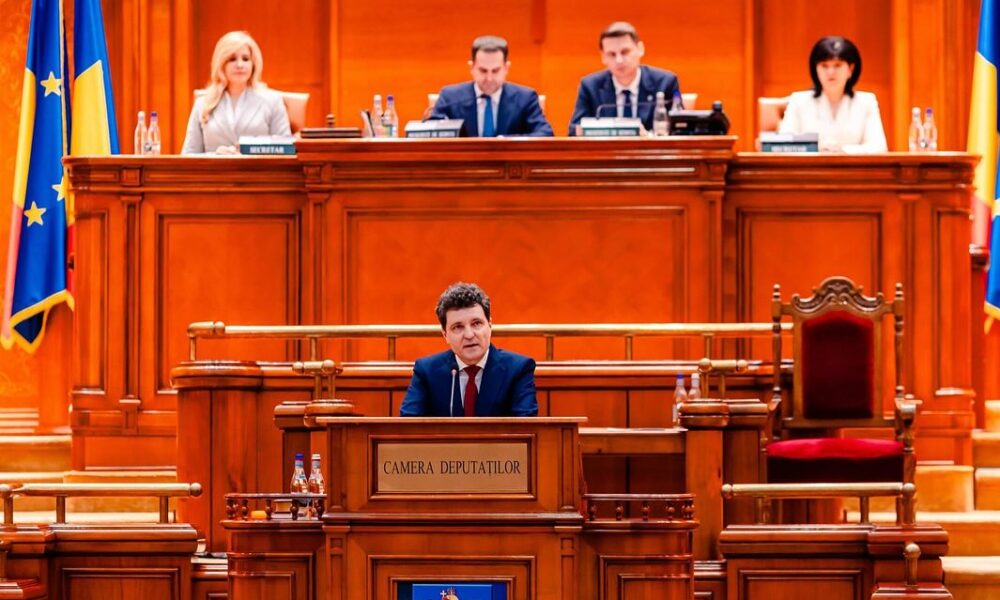Health resorts to a remnant to finally unblock the lack of financing of the ELA Law | Spain

The ELA Law It seems to have finally found the resources to begin to provide the coverage and daily care that requires thousands of patients throughout Spain. The law was approved unanimously last October in Parliament, After three eternal years of processing, with the goal of expediting procedures and providing care 24 hours a day and every week to patients in the most advanced phase. The State promised to « guarantee » those resources to autonomies through dependency services, but that step was not completed, due to lack of budgets, disputes between administrations and other problems. Health, now, has thrown an exceptional remnant to save those pitfalls. PP and Junts have joined to press the Treasury in Congress more in order to close a permanent exit as soon as possible to the needs of these patients.
All The groups represented in Congress not only voted in favor of the ELA law, after several stops by the call of different elections and nuances when encompassing that disease with other similar neurodegenerative, but considered it an essential urgency. There was no more debate or discussions than how to finance it and start it. Last October he voted and unanimously left in Congress and the Senate, and entered into force on November 1, among great applause in the hemicycle, references and praises to the sick and their families which were crowded in the guest tribune and were finally photographed in the staircases of the Cortes. Everything seemed resolved.
The law did not have economic memory, but The studies of several affected associations estimated the budget item To pay only the direct costs assumed by the families of the patients between 184 and 230 million euros. Some 37,000 euros per year for those who suffer from it, between displacements, physiotherapy, housing or car adaptations and up to 95,000 a year in intermediate phases and 114,000 in the advanced ones. In the fourth provision of the norm, the obligation of the State to « guarantee » those resources was set, but that has not happened so far, For great frustration of the injured. And the reasons that are provided from all the actors involved to justify that failure are confusing.
Fernando Martín, spokesperson with with ([email protected])the National Group of all associations, includes the enormous unease and discomfort of the sick and their families and the bewilderment of the crossing of exculpations: « The Government tells us through different ministries that they do not have money and that the money and the obligation to dispose of it is of the autonomous communities and they do not say that it is the government that does not give them money to provide the dependency services. » Martín points out on May 27, at the Palacio de la Magdalena de Santander, such as the date on which to put all those affected because there all governments, researchers, 24 associations and experts in ELA units will meet, at a specific summit to extract some conclusions of what happened and look to the future. He Exporter and former soccer former Juan Carlos Unzué It will give a talk.
The sick, their relatives and their associations They are very annoying. They regret that the last official contact with the government occurred on January 10, although there have been others more recent informal. And they do not understand what happens so that in such a millionaire budget there is no way to find just 200 million to resolve such peremptory deficiencies. Several parties and groups that supported the law in October do not understand what happens, and especially PP and Junts, very involved in putting pressure with this matter and that are cited regularly with associations and their referents.
The PP will carry on Tuesday a non -law proposition to the Plenary of Congress (it already registered another equal in December that came forward without opposition) to demand the Executive to give money the norm and to facilitate that money retroactively since the law was approved.
The aguerrida deputy Ester Muñoz, deputy secretary of the PP, asked last Wednesday at the control session To the First Vice President, María Jesús Montero, and in the end he ended up imploring a solution to the responsible for the impotence they have observed in their demands before the Ministries of Health and Social Services. Montero once again obvied an accurate response, promised again that the executive « will fulfill his commitments » and even derived his problem by accusing the autonomies of the PP to make « insumission » in the application of other laws, such as housing or historical memory. Muñoz explains to El País that the problem is not money: « They raise 1,600 million a day, there was never so much, they are in chaos, the government does not work and while three patients die per day. »
Pilar Calvo, Junts and related to the Catalan Foundation of Ela Miquel Valls, It indicates that they are now concentrated on Montero and the Treasury because they do not accept the « health and social services excuses » that they do not have budgets or that the contributions must be nominal. Calvo requires the “most realistic, urgent and necessary” endowment in about 45 million now. And there it seems that the solution could come.
In health they have taken note of all these demands and complaints and have found an exit, at least exceptional, to this jam. Official sources from the Ministry led by Mónica García assure that after searching in their remnants, they have outlined an « extraordinary » economic endowment to urgently deliver « in the coming weeks » to the communities while “regularizing” the departure already structured for future budgets, which is not known when they can be approved. This announcement will be formalized in the next few days, as well as the amount.
In social services, meanwhile, they suggest that communities should be more involved in the costs of the dependency care system. They defend that, in the face of the cuts of the past government of Mariano Rajoy, this last year it has been contributed to that system more than 3.2 billion euros, the highest figure in its history, and those patients have been prioritized against others, in addition to applying tax reductions.







